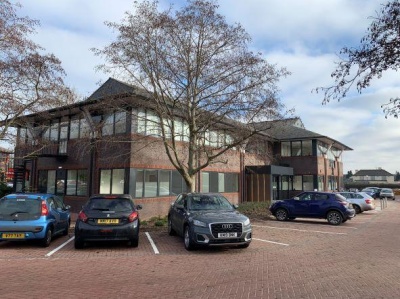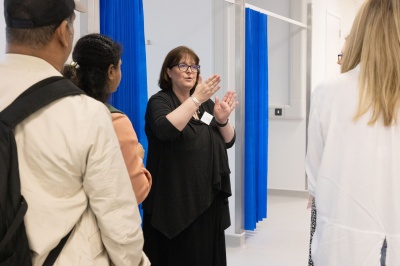Fertility
Infertility is quite common, with about 1 in 6 couples needing to seek help for fertility problems.
Fertility is a matter of chance and compared to most other mammals, the human is quite inefficient and not that fertile. Humans on average have a 1 in 5 (20%) chance of conceiving each “cycle” compared to rabbits that have >90% chance!
At BCRM we take care to assess your situation, undertake tests if appropriate and advise you on the best options to help you create and begin a family.
Find out more about the conditions we can treat here.
Preservation
More and more people are looking into options of preserving their fertility, whether it's for social or medical reasons BCRM can help.
We offer egg, embryos and sperm preservation so you can make the right decision for you and your future fertility.
To learn more click here.
Recurrent Miscarriage
Recurrent miscarriage is the term usually given when a woman experienced three or more miscarriages. It affects around 1 woman in every 100.
Miscarriage takes a huge emotional toll on both partners and the sense of loss can be overwhelming. However, many women who experience recurrent miscarriage do go on to carry a baby to term. Sometimes a treatment is needed to correct any problems – and that’s where we are able to help.
At BCRM, we are able to use our experience and expertise to investigate the cause of recurrent miscarriage. We provide thorough investigation, full support and personalised care. We aim to offer a solution or treatment that will prevent further miscarriage and help you go on to have a healthy baby. Find out more about our Recurrent Miscarriage service here.
Endometriosis
Endometriosis affects around two million women in the UK. It occurs when tissue that behaves like the lining of the womb is found elsewhere in the body, most commonly on the ovaries, the lining of the pelvis and near the cervix.
BCRM work with recognised field experts to offer speciality clinics for advice and treatment. Find out more about being seen in a speciality clinic and investigated for endometriosis here.



